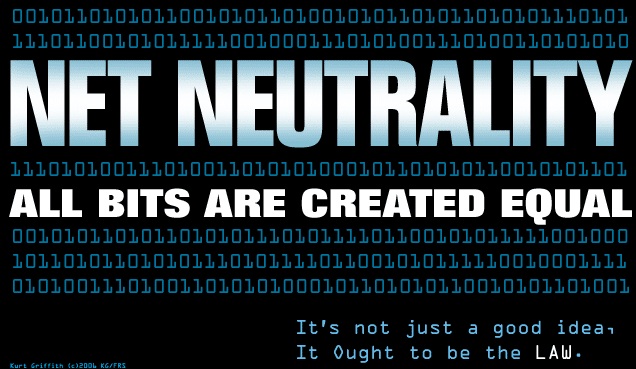Heather Wilhelm writes: If you follow the antics of modern “feminism”—or even if you desperately try to ignore them—you’ve probably witnessed the following sad and wacky spectacle: Every week or so, certain clusters of cloistered, college-educated, first-world women will dredge the darker realms of the Internet for some new form of oppression to call their own.
It was refreshing, then, to see many of America’s much-touted, reproduction-obsessed, faux “War on Women” candidates—most notably Colorado’s Mark Udall and Texas’s Wendy Davis—lose handily in Tuesday’s elections. Equally refreshing was recent news out of Australia, in which the country’s foreign minister, Julie Bishop, told an audience that “feminist” is “not a term that I find particularly useful these days.” Bishop sees herself, apparently, as a person, not a walking “lady part” grievance machine.“I’m a female politician, I’m a female foreign minister,” Bishop said. “Get over it.”
The bulk of modern feminists probably won’t approve. Monsters, apparently, are everywhere. “Sexism is not just something that occasionally rears its ugly head,” as feminist writer Jessica Valenti recently warned in the Guardian. “It exists every day in every space.”
Yikes! As a woman who occupies various and sundry spaces on this madcap, whirling sphere, I was certainly surprised to learn this.
“What part of feminism,” asked Clementine Ford, a Melbourne-based feminist and writer, did foreign minister Bishop “find so unappealing?” The nagging suspicion that most hard-core feminists would happily karate-kick you from behind in a dark alley if you disagree with them. It also could be the repeated public “rage spirals.”
There’s a more serious problem, however: For modern feminists, facts don’t seem to matter, and manufactured crises are all part of a day’s work. As some very real oppression of women unfolds around the globe, today’s Western feminists are busy constructing entire narratives out of false “epidemics”—widespread, sinister “street harassment” is the latest of many—that crumble upon closer examination.
I guess this makes sense, when you think about it: If the “oppression” of American women were to entirely disappear, a whole host of laptop scribblers would face the daunting task of selling “think pieces” about something else, and the only other thing they tend to know about is fusty, boring old Marxist economics. Who, aside from the people who pretended to get beyond Page 2 of Thomas Piketty’s book attacking capitalism, wants to read about that? There’s a delicate economy in the balance here, people—and, no doubt, large piles of unpaid student loans.
So the show must go on. Dilemmas must be concocted, and hackles must be raised. However, judging by the peculiar, stringent waft of its latest narratives, modern feminism might face an interesting test in the coming years—and it could fail that test by seriously misunderstanding what women really want.
Many women, in short, want husbands. A stable marriage is usually the best economic arrangement for all parties involved. The Democrats aren’t alone in getting this. Desperate to appeal to left-leaning single ladies, the College Republican National Committee recently ran a cringe-worthy ad that compared choosing a candidate to buying a wedding dress.
While this week’s election results suggest that the left’s “War on Women” narrative is sputtering, the progressive dedication to curating the single, female demographic will continue to grow. With that comes a subtle vested interest in keeping more single ladies, well, single. Who needs a husband, after all, when you’ve got Uncle Sam?\











